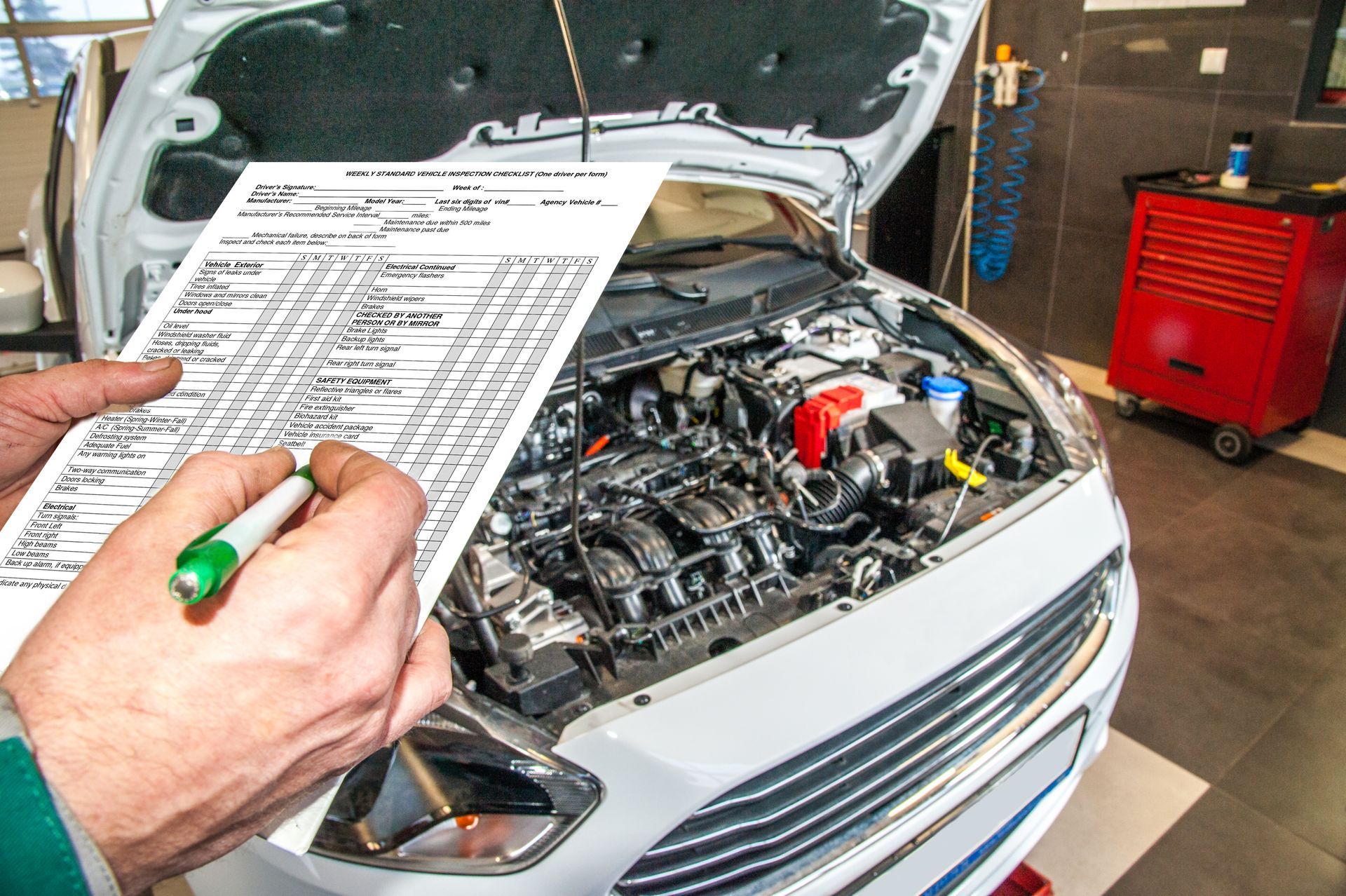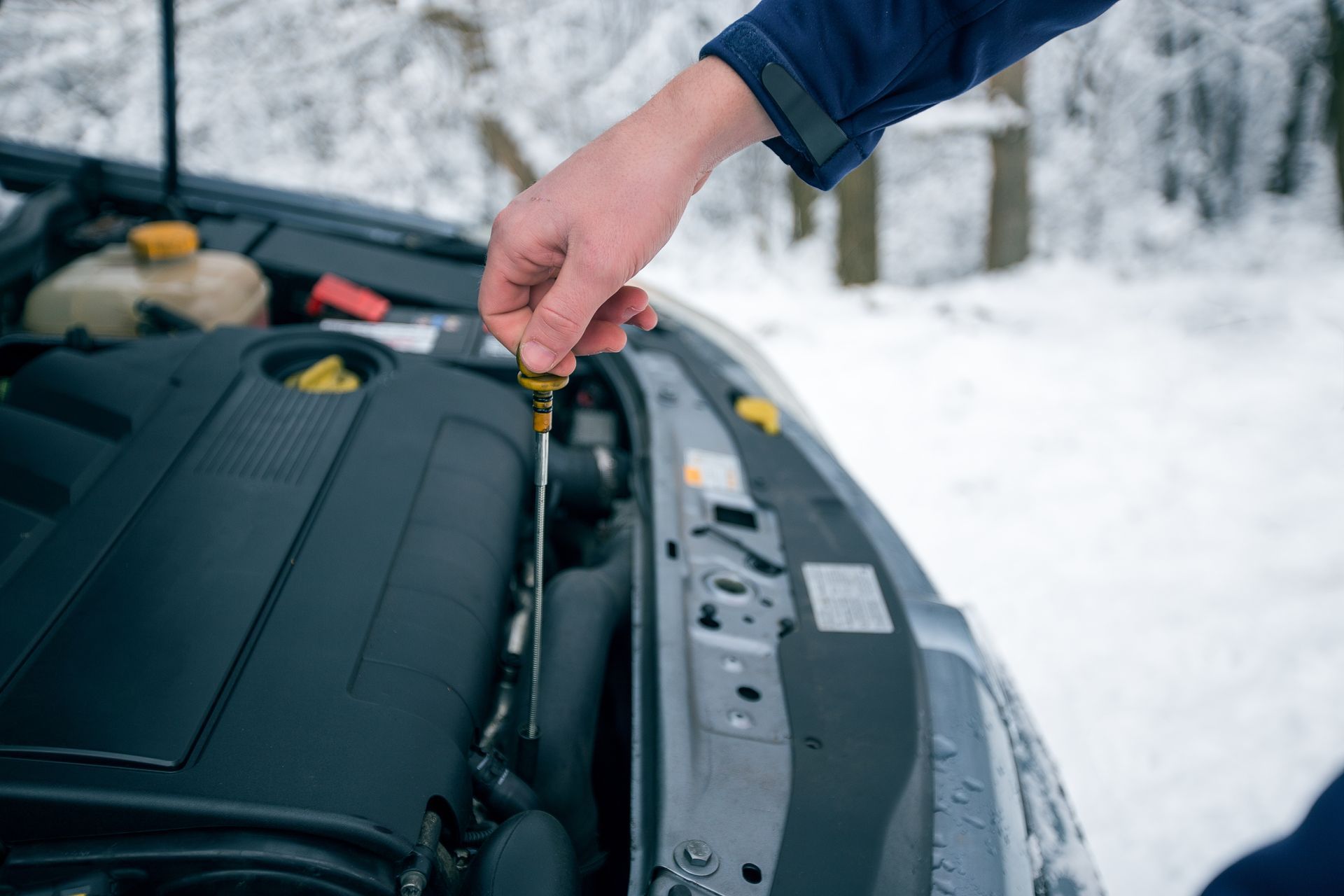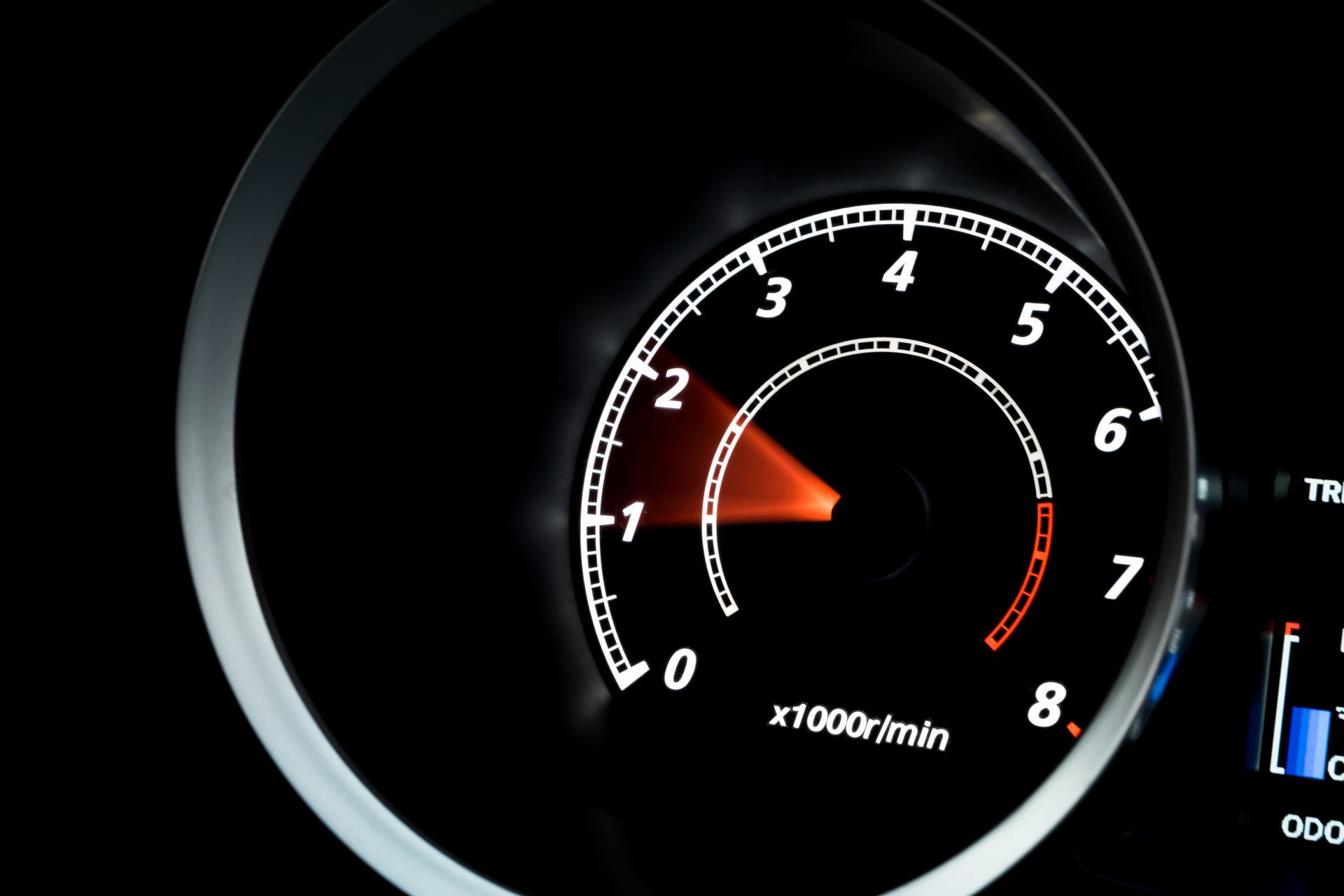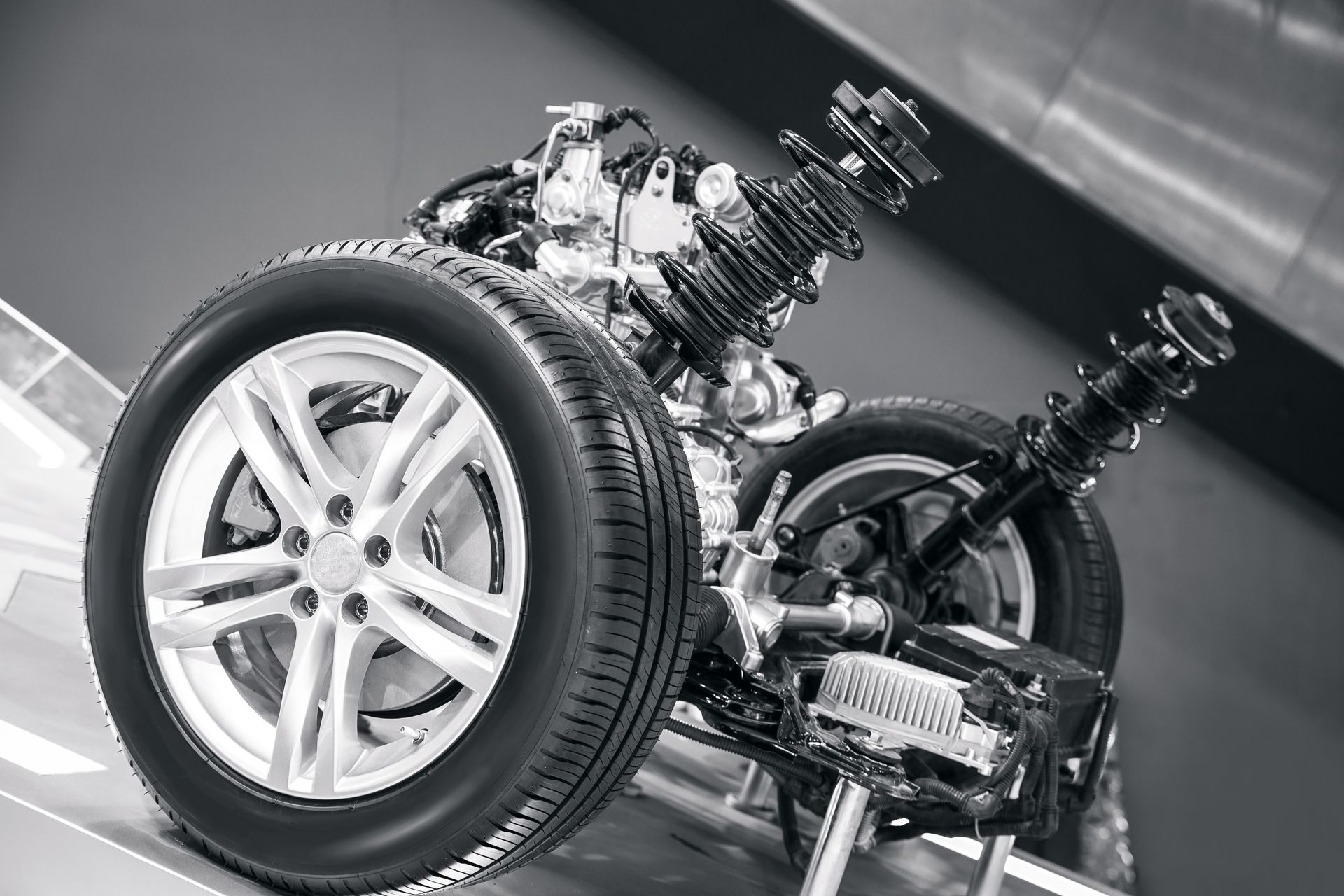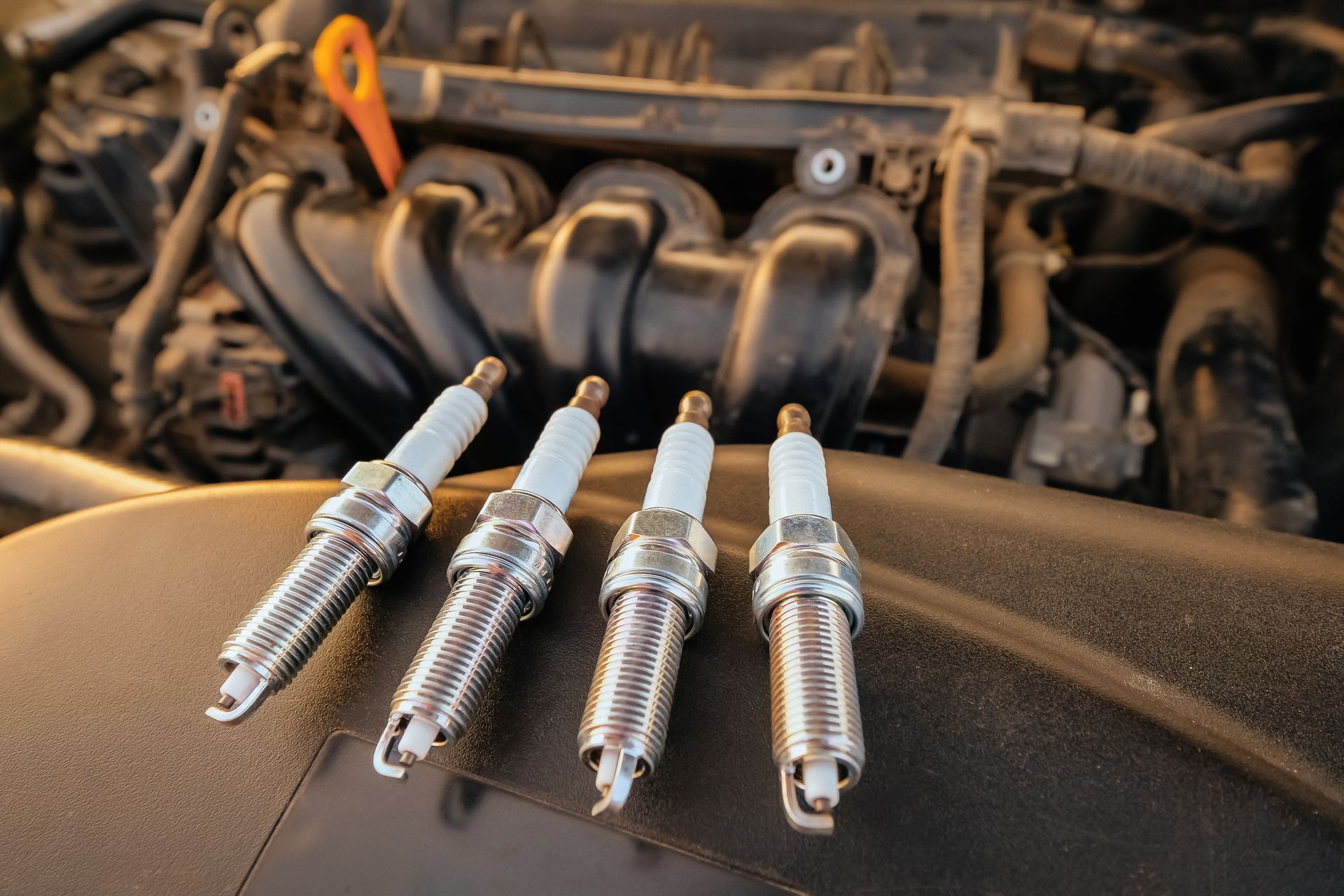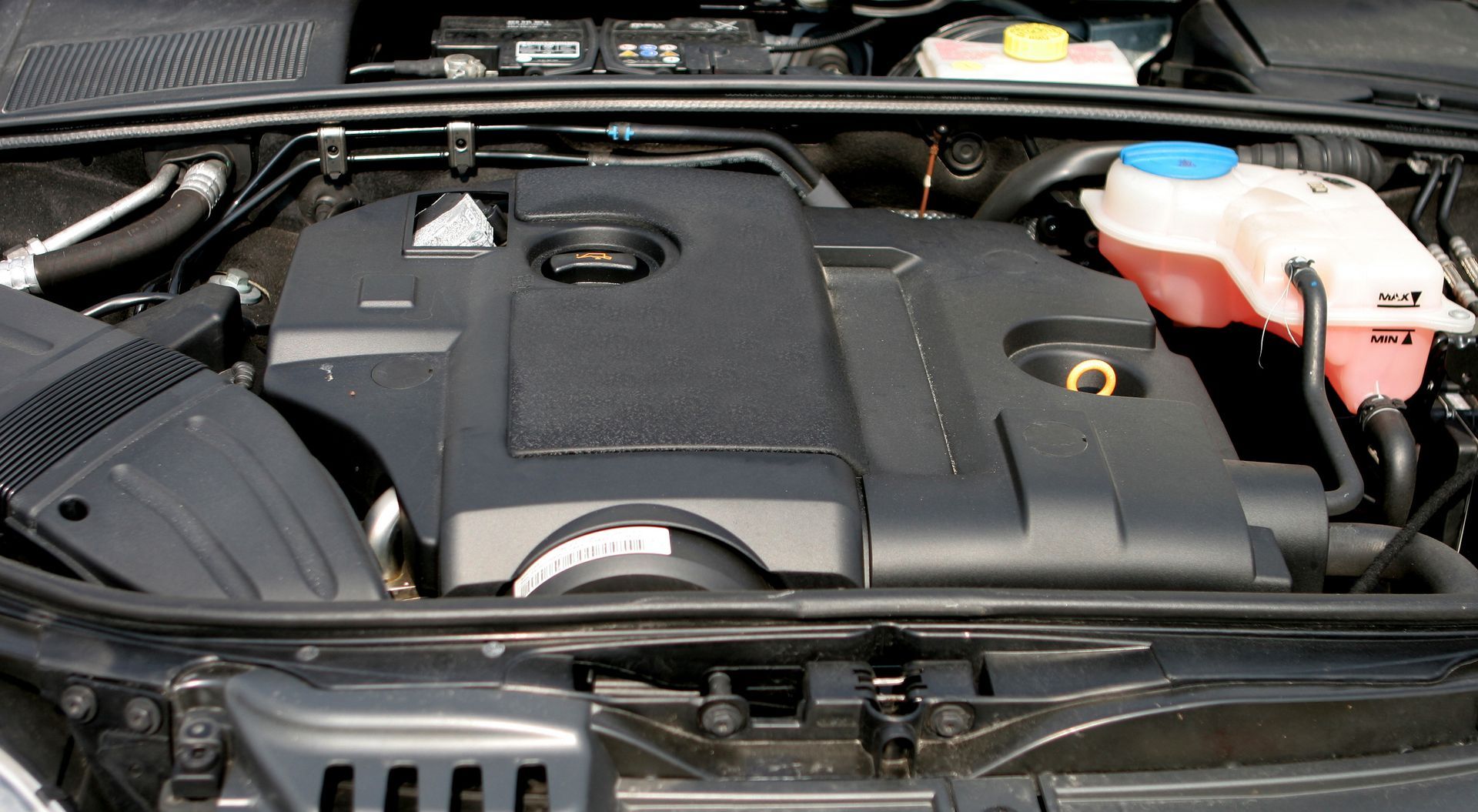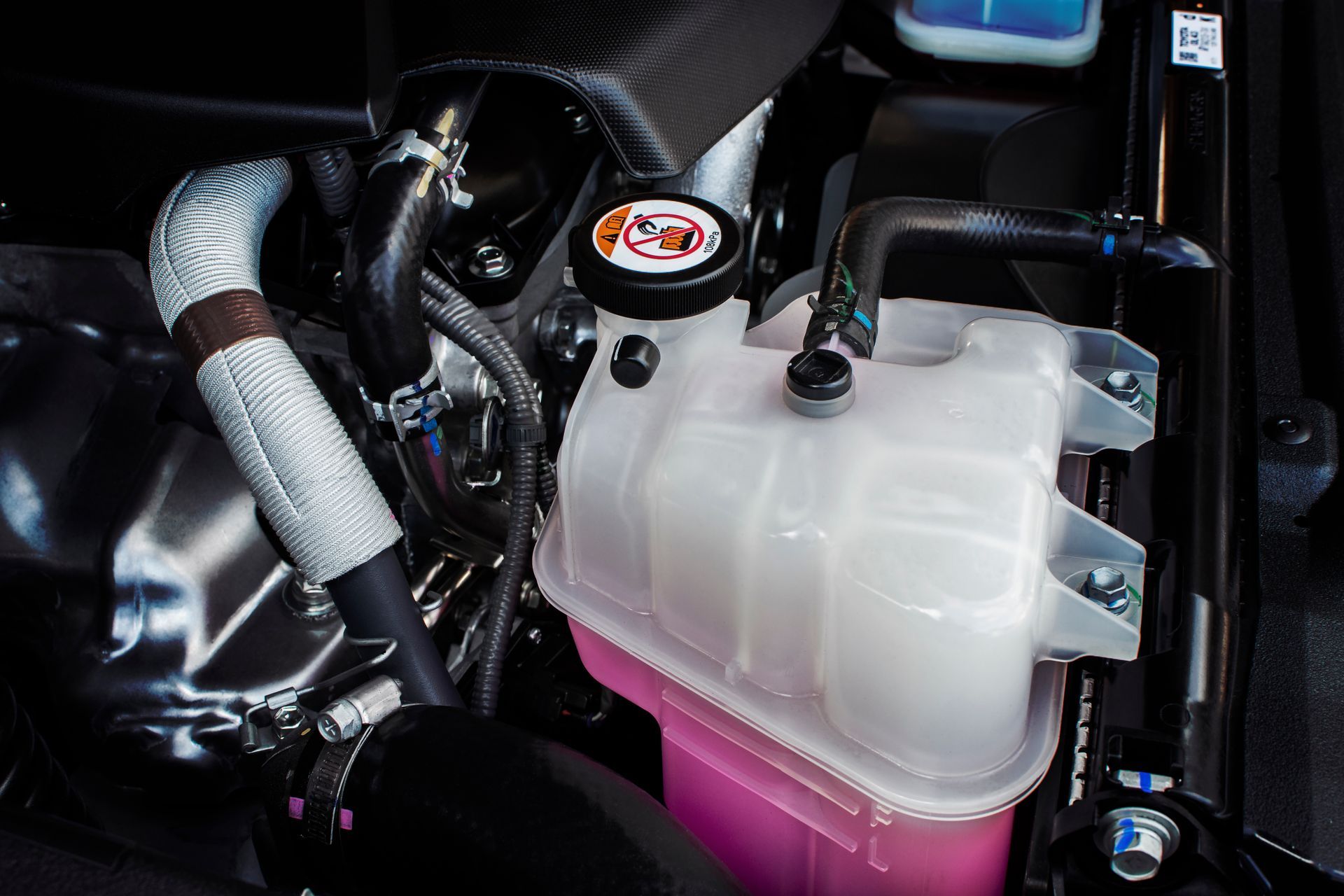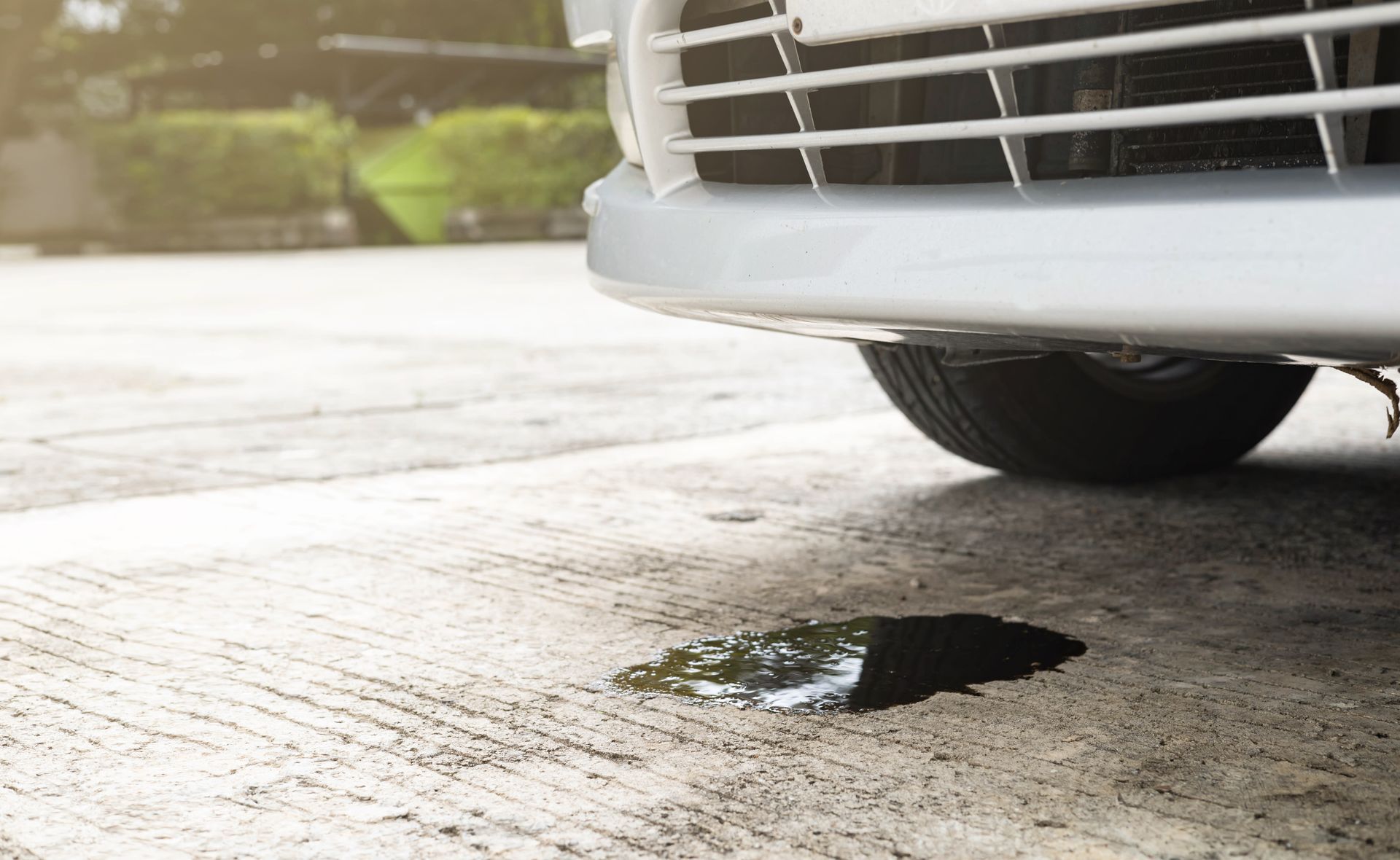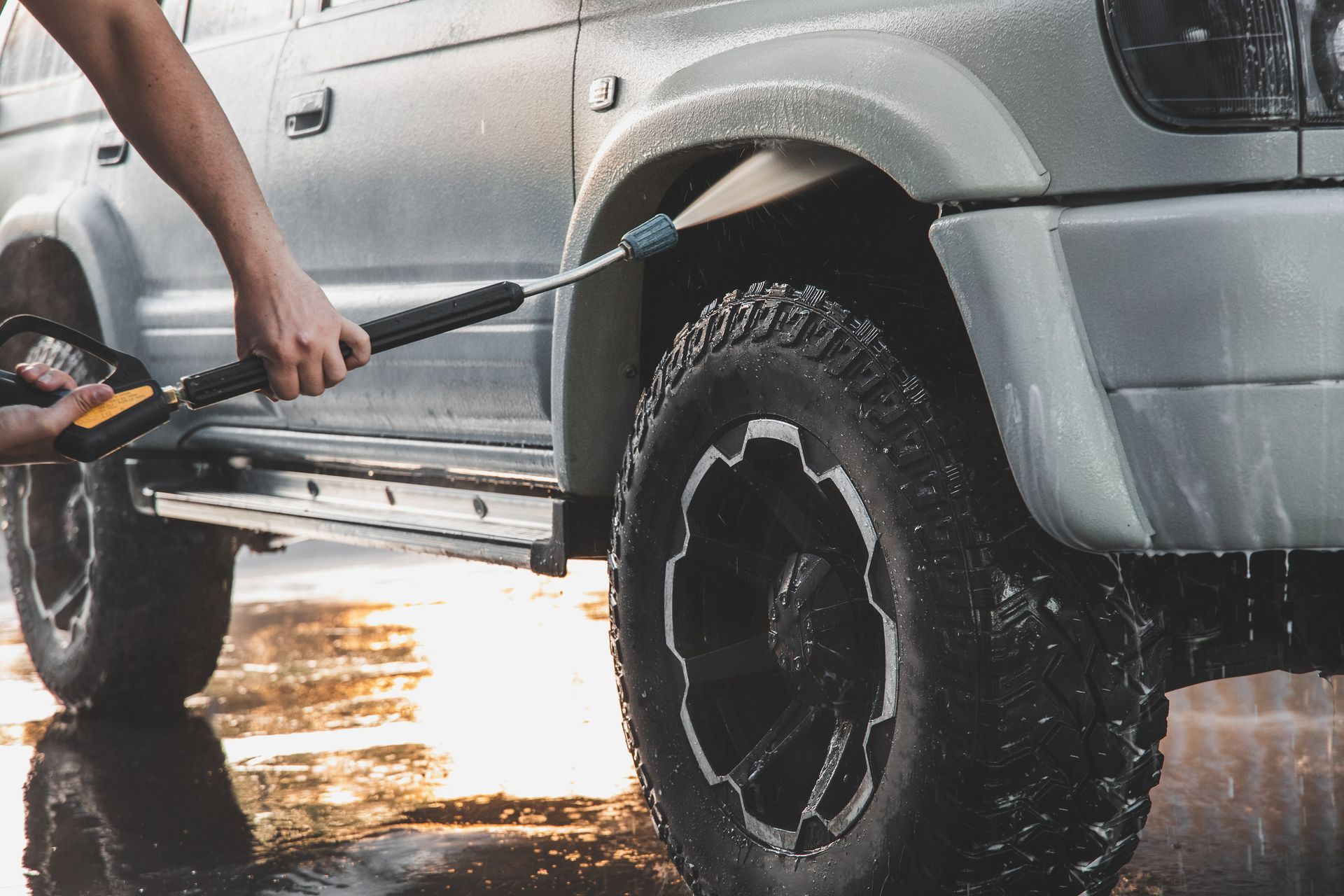Wheel bearings might not be the first thing on your mind when you think about vehicle maintenance, but they play a critical role in keeping your car moving smoothly and safely. These small components allow your wheels to rotate freely with minimal friction and support the weight of your vehicle. When a wheel bearing begins to fail, it can lead to serious problems if not addressed promptly. Understanding the symptoms of a bad wheel bearing can help you catch issues early and avoid costly repairs or dangerous situations on the road.
Unusual Noises
One of the most common signs of a failing wheel bearing is noise. You might hear a humming, growling, or rumbling sound that gets louder as you accelerate. The noise often changes with the speed of the vehicle or when turning in a specific direction.
Unlike engine noises, these sounds usually come from the wheel area and may feel like they are coming from one side of the car. If you notice a new or unusual noise, it’s important to have it inspected as soon as possible.
Vibration in the Steering Wheel
A bad wheel bearing can cause vibration or looseness in the steering wheel, especially when turning or driving at higher speeds. You may feel the steering wheel wobble slightly or notice it feels less stable than usual.
This vibration is a clear indicator that something is wrong with the wheel assembly, and ignoring it can lead to further damage or even loss of control while driving.
Uneven Tire Wear
A worn-out wheel bearing can cause the affected wheel to become misaligned, resulting in uneven tire wear. You might see that one tire wears down much faster than the others or notice an unusual tread pattern developing.
Uneven wear not only reduces the lifespan of your tires but can also affect vehicle handling and safety.
Loose or Wobbly Wheels
If a wheel bearing is severely worn, it can cause the wheel to feel loose or wobbly. During an inspection, we may notice excessive play in the wheel when it is rocked back and forth.
A loose wheel is extremely dangerous because it can lead to the wheel separating from the vehicle, especially at high speeds.
ABS System Warnings
Many modern vehicles have wheel speed sensors integrated with the wheel bearings. When a bearing starts to fail, it can affect the sensor’s readings and trigger an ABS warning light on your dashboard.
An ABS warning doesn’t always mean a wheel bearing issue, but it’s one possible cause that should be checked to ensure your braking system remains fully operational.
What Happens If You Ignore a Bad Wheel Bearing
Driving with a bad wheel bearing can have serious consequences. Over time, the bearing will continue to deteriorate, which can cause further damage to the hub, axle, and even the suspension system. In severe cases, the wheel can lock up or detach completely, creating a dangerous situation for you and other drivers.
Additionally, the longer you wait, the more expensive the repair can become. Addressing a bad wheel bearing early usually means a simpler and more affordable fix.
Preventing Wheel Bearing Problems
While wheel bearings are built to last, they aren’t invincible. Regular inspections as part of your vehicle’s maintenance routine can help identify issues before they become serious. Keeping your tires properly inflated and aligned also reduces strain on wheel bearings.
Avoiding potholes, curbs, and rough roads when possible will further protect your wheel bearings and other suspension components.
Schedule an Inspection at Gibbon Tire and Auto in Charlotte, NC
If you hear unusual noises, feel vibration in your steering, or notice uneven tire wear, don’t ignore these warning signs. At Gibbon Tire and Auto in Charlotte, NC, our skilled technicians can diagnose and repair wheel bearing issues to keep your vehicle safe and performing its best.
Schedule an inspection today and drive with confidence knowing your wheels are in expert hands.
